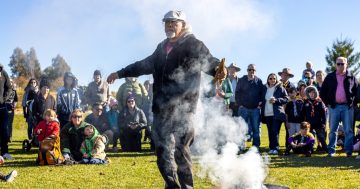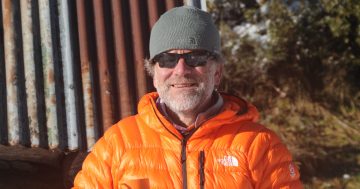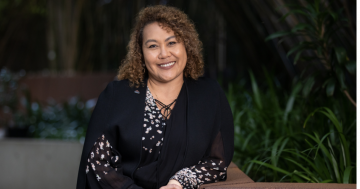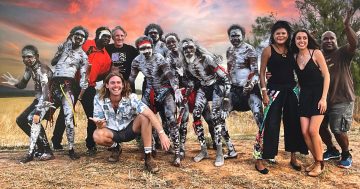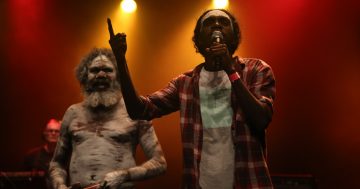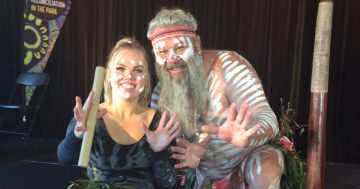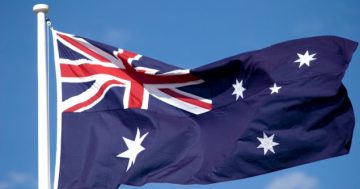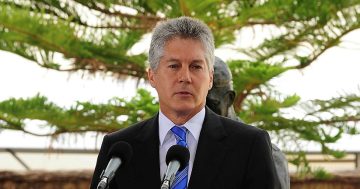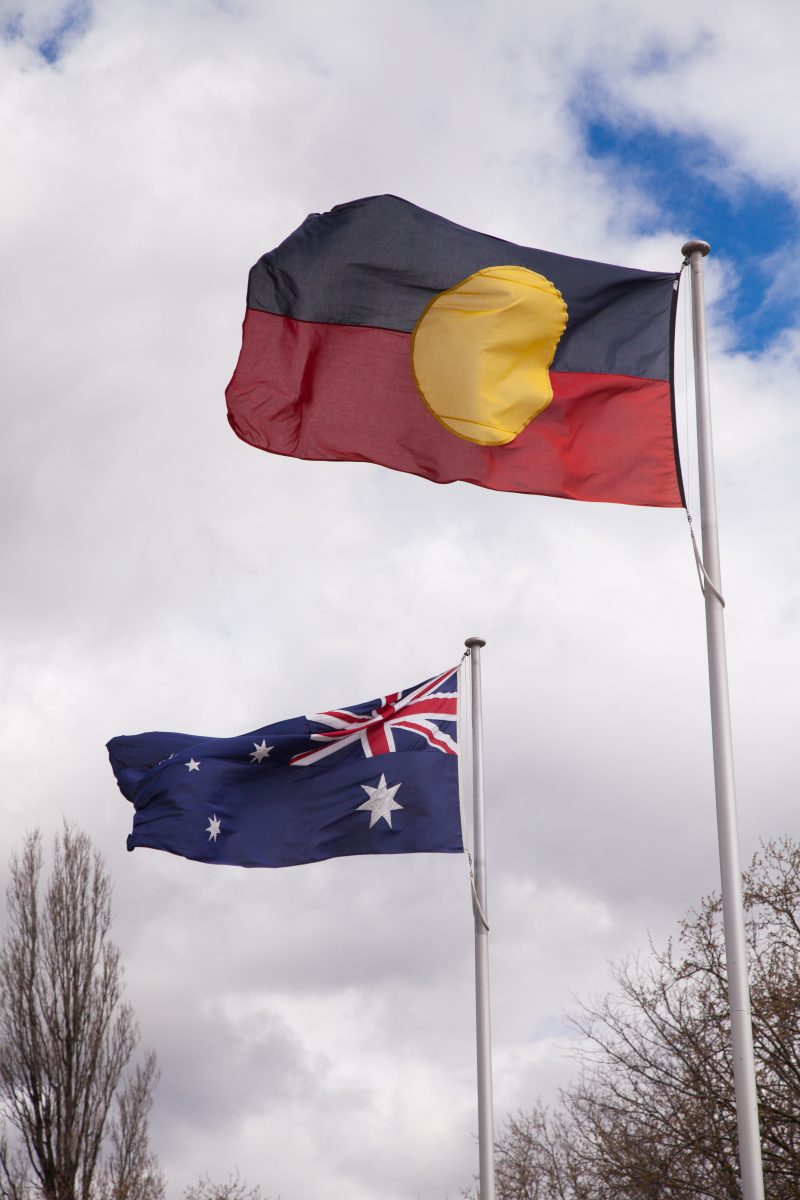
As Australians, we have a long way to go and much to do to achieve the practical outcomes of equality and opportunity. Photo: File.
Each year as Australia Day approaches, I find myself feeling more and more uneasy about the celebration of the holiday on 26 January.
This view is shared by a significant group in the community and has seen some momentum building around changing the date, particularly given the reality that the celebration of Australia Day on 26 January is a relatively recent thing – with all states and territories only recognising this public holiday from 1994.
The official website says that Australia Day is a time to celebrate all the things we love about Australia: “land, a sense of fair go, lifestyle, democracy, the freedoms we enjoy but particularly our people.”
However, given we choose to celebrate this on the anniversary of an event that had such devastating impacts for our First Nations people, this is very challenging.
We cannot shy away from the truth that this is the date on which England proclaimed Australia Terra Nullius and claimed it as its dominion. This act began the dispossession, the oppression and the denial of rights for Australia’s First Nations peoples.
Each Australia Day, I reflect on the things that I love about the nation of my birth and where I have spent most of my life. I also imagine what more we can do to ensure there is fairness, equality and opportunity for all Australians. It is impossible to do this without reflecting on how far we need to go on our journey of reconciliation with our First Nation’s people.
We know that true reconciliation is based on truth-telling, recognition and justice. Yet here in Australia, we are still stuck on fundamental issues such as recognition and reconciliation.
While the Uluru Statement from the Heart was quickly dismissed by many political leaders, it provides a powerful framework for moving forward in a united way, to build a future for all Australia that is based on truth-telling, recognition and reform of the structures that create the disadvantage faced by Australia’s First Nations people.
There is work happening to progress the reconciliation journey, particularly around recognition.
Here in Canberra, the local Aboriginal and Torres Strait Islander Elected Body, first established in 2008, continues to be one way to provide a democratically elected voice to Government. Last year, a historic first tri-partisan-sponsored bill means that each Legislative Assembly sitting day will start with a formal introduction of Ngunnawal language – a language that some elders were warned not to use due to fears of discrimination or being removed from families.
However, we also know we have a long way to go and much to do to achieve the practical outcomes of equality and opportunity. The experience of other reconciliation processes has shown us that reconciliation will not be achieved without acknowledgment of past wrongs, forgiveness, healing, reparation and a joint commitment to create a more equal future.
For different reasons, primarily the ongoing bushfire crisis, Australia Day in Canberra will be a relatively low key affair. There will be a morning event, and some great things to celebrate, including recognising this year’s ACT Australian of the Year Katrina Fanning, an amazing role model for all Canberrans at the national awards celebration. She will be joined by other inspiring Canberra citizens involved in the Awards. However, this is a public holiday that will continue to be challenging for many.
In his famous Redfern speech, Paul Keating said: “there is nothing to fear or to lose in the recognition of historical truth, or the extension of social justice, or the deepening of Australian social democracy to include indigenous Australians.”
Independent of the date on which we commemorate Australia Day, until we recognise this and walk together to achieve it, for me it will be a muted celebration.
Do you think the way we commemorate Australia Day is changing?
Rebecca is an ACT Greens Candidate for the seat of Kurrajong in the 2020 Territory Election.












